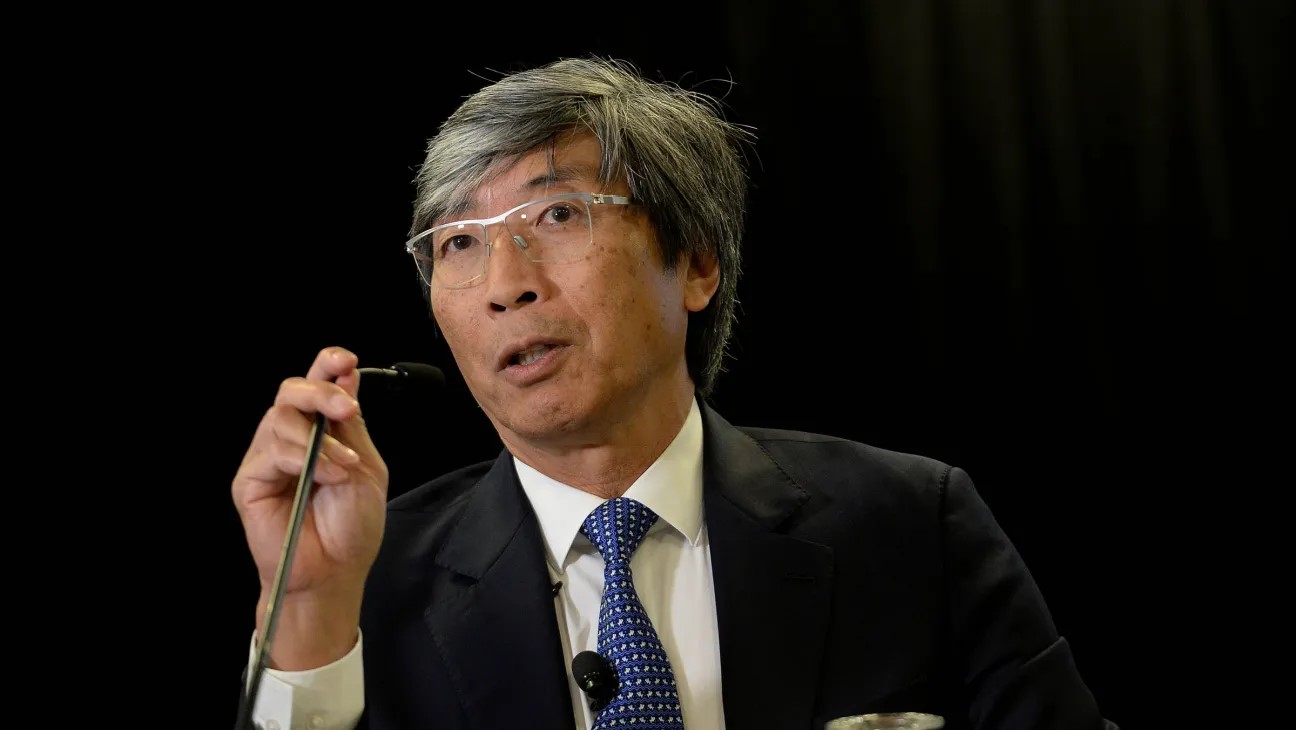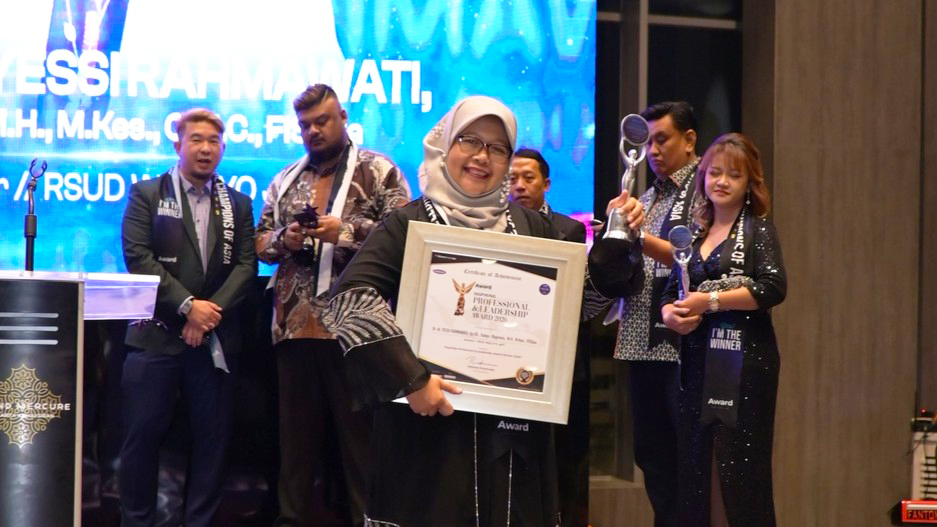New York — A storm of controversy has engulfed the Los Angeles Times as its owner, Patrick Soon-Shiong, pursues an ambitious and contentious agenda to redefine the paper’s approach to news and opinion. At the center of the turmoil are Soon-Shiong’s plans to introduce an artificial intelligence-powered “bias meter” and to overhaul the editorial board in ways that critics say undermine the integrity of the newsroom.
Soon-Shiong, a biotech billionaire who purchased the Times in 2018, unveiled his vision for the bias meter during an appearance on Flyover Country, a podcast hosted by CNN commentator Scott Jennings. The AI tool, which leverages augmented intelligence technology originally developed for healthcare, is designed to highlight biases in news stories and provide readers with contrasting perspectives. Soon-Shiong argued that this innovation is essential for combating confirmation bias and fostering a more balanced media landscape.
Describing the bias meter as a game-changer for journalism, Soon-Shiong said it would empower readers to “press a button and instantly see both sides of a story.” He framed the tool as a response to the failures of mainstream media to draw clear distinctions between news reporting and opinion, which he believes contribute to public disillusionment with the press.
The announcement has been met with fierce resistance from the newsroom. The Los Angeles Times Guild released a strongly worded statement condemning Soon-Shiong’s remarks, accusing him of casting unfounded aspersions on his staff’s professionalism. The Guild emphasized that Times journalists adhere to strict ethical standards and rejected the notion that bias is pervasive within their reporting.
“The suggestion that our newsroom lacks impartiality is not only baseless but deeply harmful to the credibility we’ve worked so hard to build,” the Guild stated.
This controversy is only the latest in a series of actions by Soon-Shiong that have sparked internal discord. In recent weeks, several prominent staff members have resigned in protest, including Harry Litman, a senior legal affairs columnist, and Kerry Cavanaugh, the assistant editorial page editor. Litman accused Soon-Shiong of steering the paper toward a political stance sympathetic to Donald Trump, arguing that this shift represents a betrayal of the Times’ legacy as a champion of democratic accountability.
Litman’s resignation follows Soon-Shiong’s decision to block the Times from endorsing Vice President Kamala Harris ahead of the 2024 election. The move, which came just two weeks before Election Day, prompted widespread discontent within the newsroom and led to a significant number of subscription cancellations. Soon-Shiong justified his intervention by criticizing the endorsement process, which he described as hasty and lacking rigor. “I could not support an endorsement that was pre-packaged without serious engagement with the candidates,” he explained.
Beyond these immediate controversies, Soon-Shiong has also taken steps to reshape the paper’s editorial board, advocating for the inclusion of more centrist and conservative voices. While he has framed these changes as necessary for achieving ideological balance, critics argue that they compromise the independence of the paper’s editorial process. Soon-Shiong’s reported practice of reviewing opinion piece headlines before publication has further fueled concerns about his influence over the newsroom.
As the Los Angeles Times approaches a critical juncture, the tension between its owner’s ambitious vision and the newsroom’s adherence to traditional journalistic values raises pressing questions about the paper’s identity and future in an era of increasing polarization and technological change.






